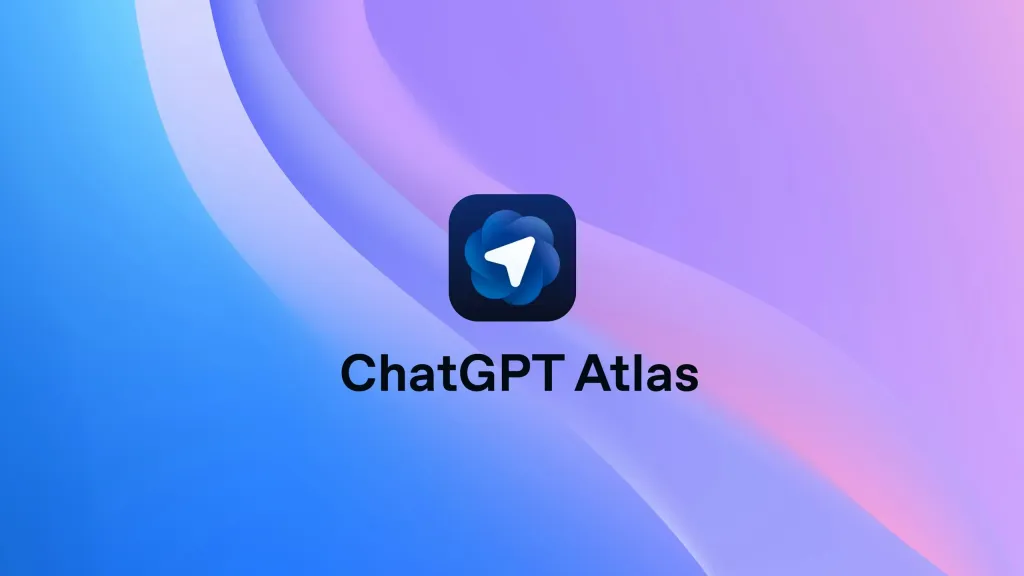Opening Scene
The Shift in Motion
Every era of the internet has had its battlefield.
In the 1990s, it was Netscape versus Internet Explorer. In the 2000s, Firefox rose from the ashes to challenge Microsoft's dominance. And in the 2010s, Google Chrome conquered them all.
For a time, it looked like the wars were over. Chrome became the de facto gateway to the web, its engine powering not just Google's empire but rival browsers too. The browser, once a symbol of innovation, faded into invisible infrastructure.
Until now.
In 2025, a new front has opened, one defined not by speed or security, but by intelligence.
AI has entered the browser, and it's rewriting the rules of how we navigate, learn, and act online.
The Insight
What's Really Happening
The first browser wars were about access.
The second was about experience.
This one is about agency.
For decades, browsers were passive portals, tools for finding, viewing, and organising information. But the arrival of embedded AI assistants has turned them into active collaborators. The browser is no longer where you go to look for things, it's where things come to you.
Microsoft fired the opening shot in 2023 by integrating OpenAI's GPT-4 into Edge's sidebar. Overnight, the browser became a research companion, summarising long articles, generating content, and answering questions in context. It wasn't a website; it was a conversation.
Opera and Brave followed quickly, each introducing AI copilots tuned to their audiences, Opera with its creative Aria, Brave with privacy-first summarisation tools. Google, initially cautious, began embedding its Gemini assistant into Chrome. And Perplexity, a fast-growing search challenger, made the boldest move of all with Comet, an AI-native browser designed entirely around natural language interaction.
In Comet, there's no distinction between the search bar and the assistant. You don't type URLs. You ask. You highlight text, get instant explanations, and watch as the browser curates, compares, and summarises across sources. Comet doesn't just retrieve, it reasons.
Then came Atlas, OpenAI's full-scale reimagining of the browser. It merges ChatGPT with web navigation, allowing users to delegate tasks entirely, filling forms, booking travel, or researching markets autonomously. Atlas doesn't show a list of links; it delivers synthesised answers, supported by sources, memory, and contextual recall.
In other words: where Chrome made the web faster, Atlas is making it smarter.
The Strategic Shift
Why It Matters for Business
The rise of AI browsers signals a shift from search engines to sense engines.
The question is no longer “How do we find information?” but “How do we interpret it?”.
For businesses, this is more than a technical evolution, it's a strategic realignment of where visibility, discovery, and trust now live.
In traditional browsing, your brand competed for clicks. In AI browsing, it competes for representation. When a user asks Atlas or Comet about the best running shoes, they don't see a page of results, they see a curated, conversational answer. Your brand's inclusion depends on how these AI systems interpret and trust your data.
This is where SEO becomes AIO — Artificial Intelligence Optimisation.
Brands must now optimise for comprehension, not just ranking.
Structured data, authoritative sources, and factual consistency across every digital channel are becoming the new foundations of visibility.
It also changes how users move through digital ecosystems. In the AI-browser era, the customer journey isn't linear, it's recursive. A user no longer opens five tabs to compare options. They talk, iterate, and refine. Intent evolves dynamically, shaped by dialogue with the AI.
That's why the new competitive edge lies not in visibility but in interpretability, ensuring your brand's digital footprint can be understood, contextualised, and trusted by intelligent systems trained to reason.
The browser is no longer a neutral frame. It's an active participant in shaping perception.
The Human Dimension
Reframing the Relationship
For users, AI browsers feel intuitive, almost intimate. You don't need to know which site to visit or how to phrase your query. You simply express your intent and watch it unfold.
That's powerful, but also quietly transformative.
The old model of browsing, clicking, scanning, filtering, demanded attention. AI browsing demands trust. When the browser summarises and recommends, it assumes authority. The interaction shifts from exploration to delegation.
And that changes the psychology of how we experience the internet.
Instead of asking “What's out there?”, we're now asking “What should I do?”
The browser becomes a guide, not a gateway.
But with this guidance comes risk. The same AI that saves you time can also shape your worldview. A summarised web is a filtered one. Bias, hallucination, and opaque sourcing can quietly distort truth. When browsers become agents, who audits the assistant?
This is where design, ethics, and governance will define the next phase of competition.
The winners won't just build the smartest AI browsers, they'll build the most trusted.
The Takeaway
What Happens Next
The browser wars have always mirrored deeper shifts in the internet's DNA.
Netscape made the web accessible.
Firefox made it open.
Chrome made it universal.
Now, AI is making it personal.
But this time, the stakes are higher. The browser isn't just the gateway to information, it's becoming the interpreter of it. In the age of AI, whoever controls that interface controls how we see, search, and decide.
For leaders in digital, product, and brand strategy, the imperatives are clear:
- Design for AI interpretation. Make your content machine-readable, contextual, and verifiable.
- Prioritise trust signals. Transparent sourcing, accurate data, and ethical frameworks will determine inclusion in AI-generated answers.
- Think beyond search. Discovery will increasingly happen through conversations, not queries.
Because the next browser war won't be won by who loads the fastest, but by who understands the user best.
The browser is becoming the most intelligent app on your desktop.
And this time, it's not just showing you the internet.
It's thinking with you.



